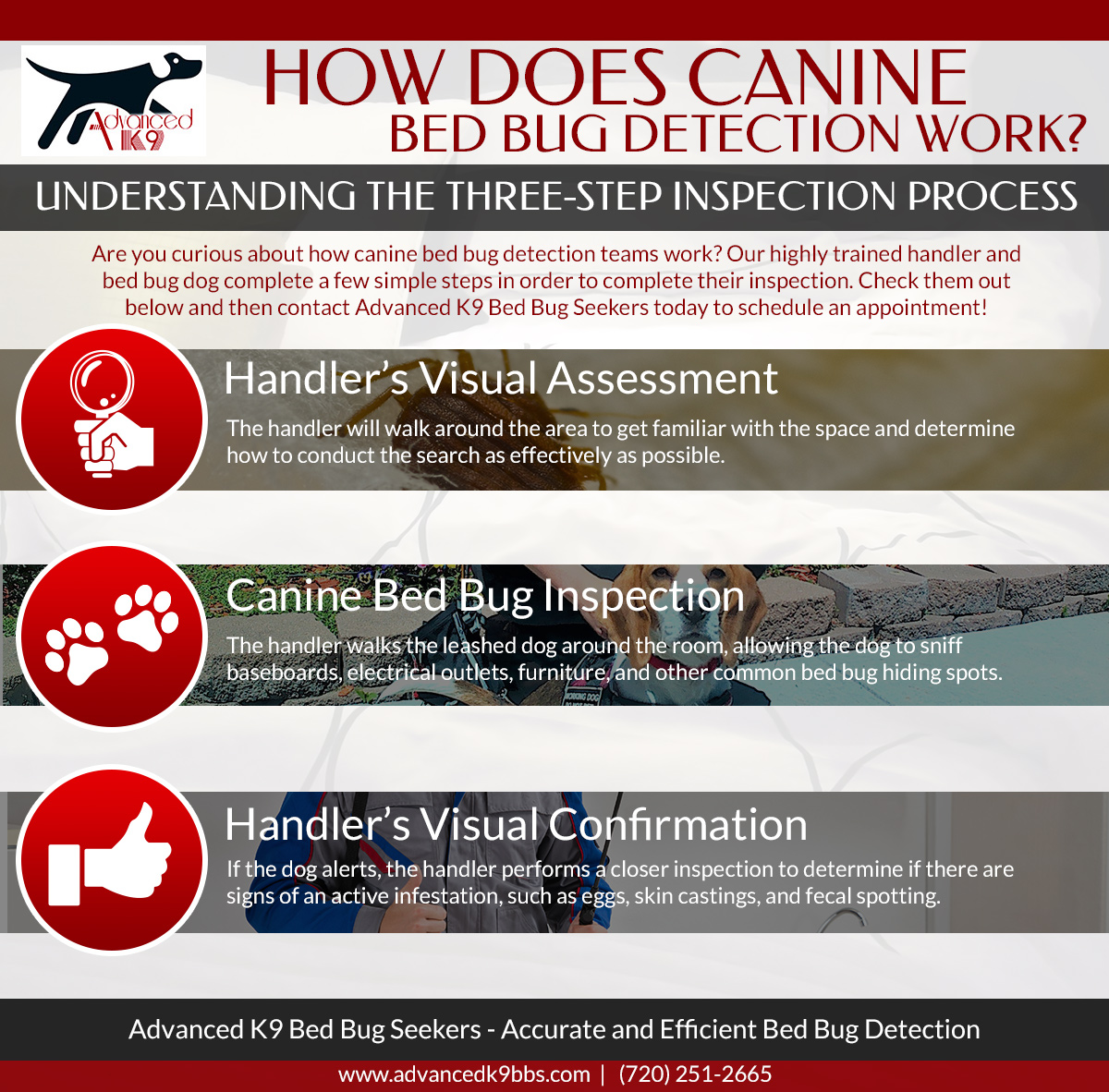Bed Bug Services - Questions
Table of Contents10 Simple Techniques For Bed Bug ServicesOur Bed Bug Services IdeasThe Definitive Guide for Bed Bug ServicesBed Bug Services - The Facts
A professional bed bug inspection is far more detailed than a casual glance and relies on expertise. Bed bugs are difficult-to-detect, fast-moving pests that often dwell in small hiding places in furniture and walls. Because of their stealthy behavior, detailed examination is necessary to determine the presence and extent of an infestation. Professional inspectors use a combination of tools, procedures, and knowledge to locate pests effectively, stopping infestations from worsening.The first step in any professional inspection involves familiarizing oneself with the biology of bed bugs. Bed bugs belong to the Cimicidae family and undergo a life cycle that includes eggs, nymph stages, and adulthood. Adults are oval, flat, reddish-brown insects that lack wings and have long legs and antennae. Their mouthparts are designed to pierce skin and extract blood, resulting in clusters of itchy bites. Knowing these traits helps inspectors anticipate hiding spots.
Early detection is essential for effective management. Professionals carefully check for signs such as dark spots of fecal matter, molted skins, and eggs (Bed Bug Services). Even one female can produce dozens of eggs quickly, leading to rapid infestations if unchecked. Evidence of shed exoskeletons or leftover eggs signals ongoing activity and demands thorough examination
Preparing for an inspection involves careful organization. Inspectors often suggest tidying up spaces to allow full access, which makes it easier to inspect furniture and wall edges. Bedding and linens may be washed in hot water and dried on high heat, and then stored in sealed bags to prevent re-infestation. Wall decor, mirrors, and pictures are sometimes moved to check hiding places. Vacuuming furniture and floors can remove loose pests, and vacuum bags should be emptied in a secure location.
Little Known Questions About Bed Bug Services.
The inspection wikipedia reference itself is comprehensive and careful. Inspectors focus on sleeping areas like beds, headboards, and mattresses, looking closely at creases, joints, and folds. Upholstered furniture, including sofas and recliners, is inspected thoroughly, including underneath and inside cushions. Baseboards, moldings, the edges of wall-to-wall carpeting, electrical outlets, closets, and storage areas are also included in the inspection, as these can be common harborage sites.
Specialized tools improve inspection effectiveness. Flashlights, click for more info magnifying lenses, multi-tools, and mirrors provide visibility in crevices and corners. Monitoring devices like interceptor traps or sticky pads help track bed bug activity over time. Some companies use detection dogs, which detect even small infestations, distinguishing them from old evidence.

Meticulous documentation is a key component. Inspectors record the locations of evidence, severity of infestation, and treatment recommendations. This provides a reference for follow-ups and helps with client communication. Residents are often instructed to preserve evidence for accuracy, as this prevents loss of critical information.
After inspection, a monitoring plan may be recommended to confirm the presence of bed bugs and track activity. Continuous monitoring detects reinfestation, and asking residents about bites and sightings provides additional insight. Cooperation from More Help residents enhances detection.
Indicators on Bed Bug Services You Should Know

Professional inspections provide confidence that infestations are correctly identified. Trained inspectors know what to look for and where, avoid unnecessary treatments, and provide certainty.
Bed bug inspections are particularly important in hotels, dormitories, multi-unit apartments, and senior living facilities. Inspectors examine adjacent units, common areas, and shared furniture to identify potential spread (Bed Bug Services). This supports comprehensive control
In summary, a professional bed bug inspection includes identifying the pest, readying the environment, inspecting meticulously, employing tools, maintaining records, and ongoing monitoring. Each step contributes to accurate detection, effective treatment planning, and long-term prevention.
The smart Trick of Bed Bug Services That Nobody is Discussing
